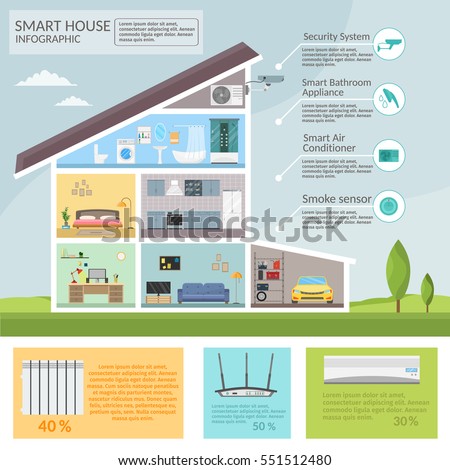The Future Of Home Home Heating - Just How Heatpump Technology Is Advancing
The Future Of Home Home Heating - Just How Heatpump Technology Is Advancing
Blog Article
Content By-Skaaning Dominguez
Heat pumps will certainly be a critical innovation for decarbonising heating. In a scenario consistent with governments' announced power and environment commitments, their global capacity increases by 2030, while their share in home heating rises to one-quarter.
They work best in well-insulated homes and rely on electricity, which can be provided from a sustainable power grid. Technical breakthroughs are making them extra reliable, smarter and less expensive.
Gas Cells
Heat pumps use a compressor, cooling agent, coils and fans to relocate the air and heat in homes and appliances. best heat pumps timaru can be powered by solar power or power from the grid. They have been gaining popularity because of their affordable, quiet procedure and the ability to produce power throughout peak power demand.
Some companies, like IdaTech and BG MicroGen, are working on gas cells for home heating. These microgenerators can replace a gas boiler and create several of a residence's electrical needs with a link to the electrical power grid for the remainder.
But there are factors to be cynical of using hydrogen for home heating, Rosenow states. It would certainly be expensive and inefficient compared to other technologies, and it would contribute to carbon discharges.
Smart and Connected Technologies
Smart home modern technology allows homeowners to attach and regulate their devices from another location with using smartphone applications. For instance, wise thermostats can learn your heating choices and instantly adapt to enhance energy consumption. Smart illumination systems can be managed with voice commands and automatically switch off lights when you leave the room, minimizing power waste. And clever plugs can monitor and handle your electrical use, permitting you to recognize and limit energy-hungry devices.
The tech-savvy household depicted in Carina's interview is a good picture of just how owners reconfigure space home heating practices in the light of new smart home modern technologies. They rely upon the devices' computerized features to perform day-to-day changes and concern them as a hassle-free methods of conducting their heating practices. As such, they see no reason to adapt their techniques even more in order to make it possible for adaptability in their home power need, and treatments focusing on doing so might deal with resistance from these households.
Electrical power
Since warming homes accounts for 13% of US emissions, a button to cleaner alternatives might make a large distinction. However the modern technology encounters challenges: It's costly and requires comprehensive home renovations. And it's not always suitable with renewable energy sources, such as solar and wind.
Until recently, electrical heatpump were also pricey to compete with gas designs in most markets. But brand-new technologies in style and products are making them extra economical. And much better cool environment efficiency is enabling them to operate well even in subzero temperature levels.
The following step in decarbonising heating might be the use of warm networks, which attract heat from a main resource, such as a close-by river or sea inlet, and distribute it to a network of homes or buildings. That would certainly decrease carbon emissions and permit families to make the most of renewable energy, such as environment-friendly power from a grid supplied by renewables. This choice would certainly be less expensive than switching over to hydrogen, a nonrenewable fuel source that requires brand-new framework and would only lower carbon dioxide emissions by 5 percent if paired with improved home insulation.
Renewable Energy
As electrical power prices drop, we're beginning to see the exact same trend in home heating that has driven electrical autos into the mainstream-- however at an also quicker rate. The solid climate case for electrifying homes has actually been pushed better by brand-new research.
additional Info account for a considerable share of modern warmth intake, but have been given limited policy attention internationally contrasted to other end-use fields-- and even much less interest than electrical energy has. Partially, linked web-site mirrors a mix of consumer inertia, split incentives and, in lots of nations, aids for fossil fuels.
heat pump install chch might make the shift simpler. As an example, heatpump can be made a lot more energy reliable by changing old R-22 refrigerants with brand-new ones that don't have the high GWPs of their precursors. Some experts additionally envision district systems that draw heat from a nearby river or sea inlet, like a Norwegian fjord. The warm water can then be used for cooling and heating in a neighborhood.